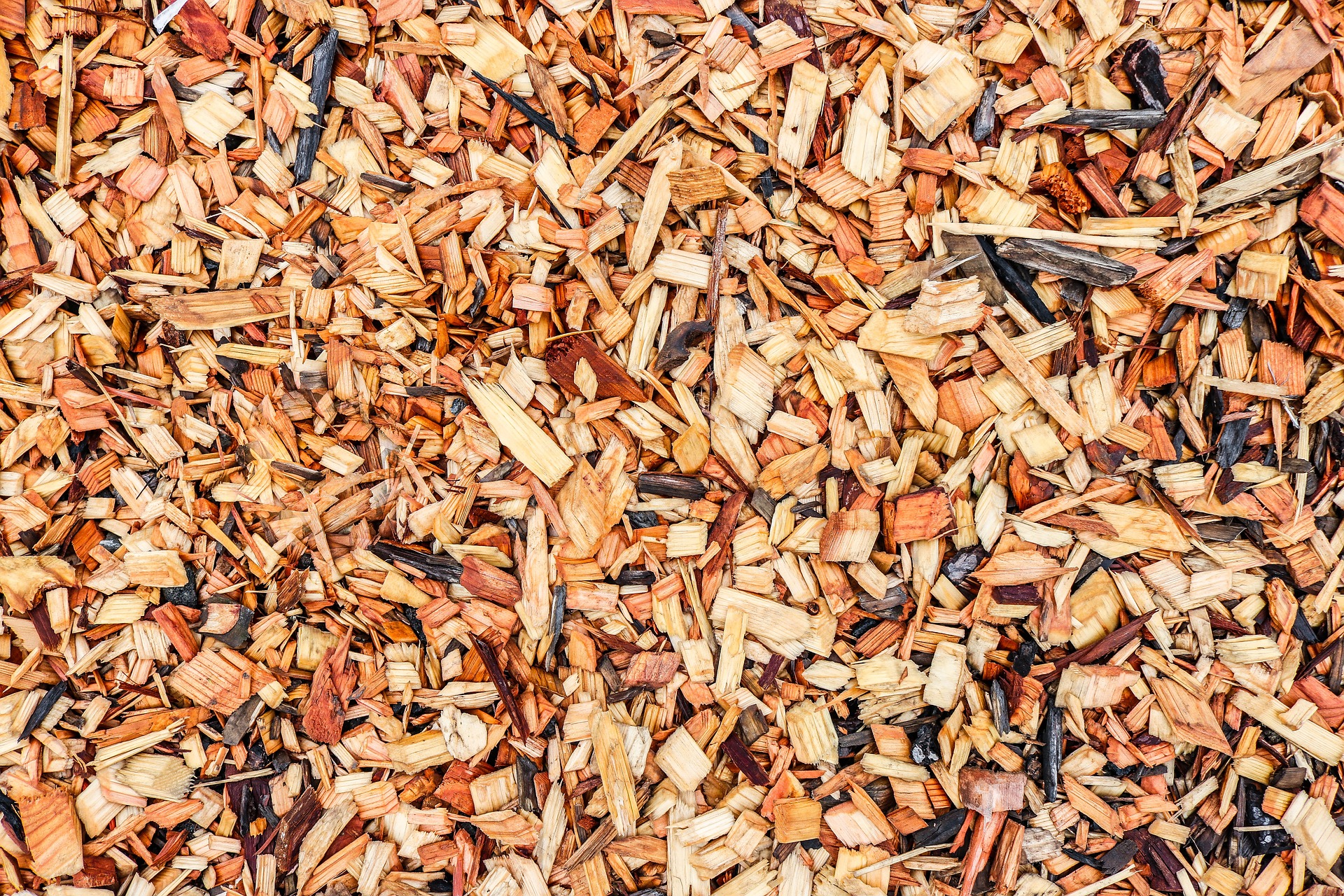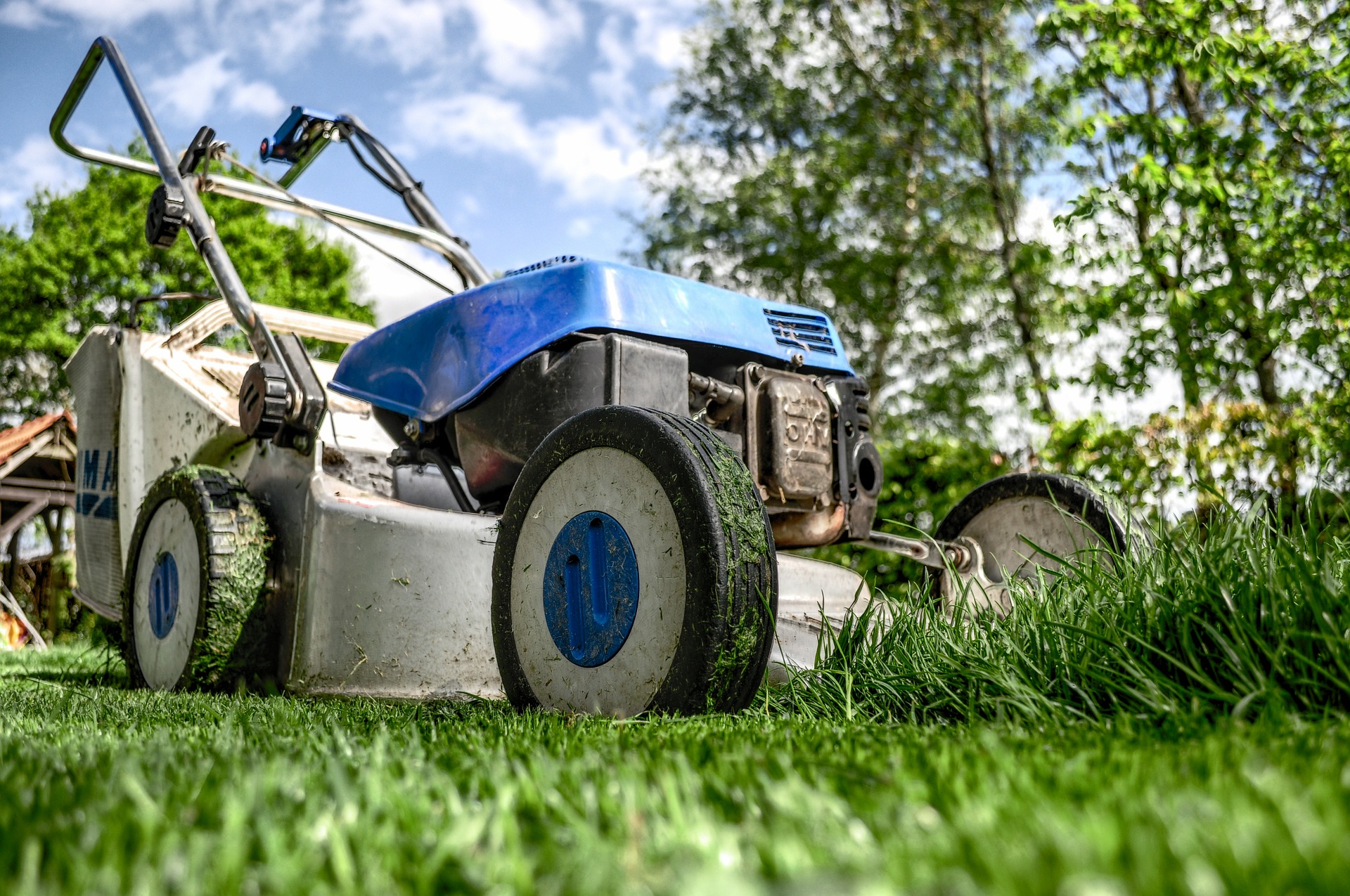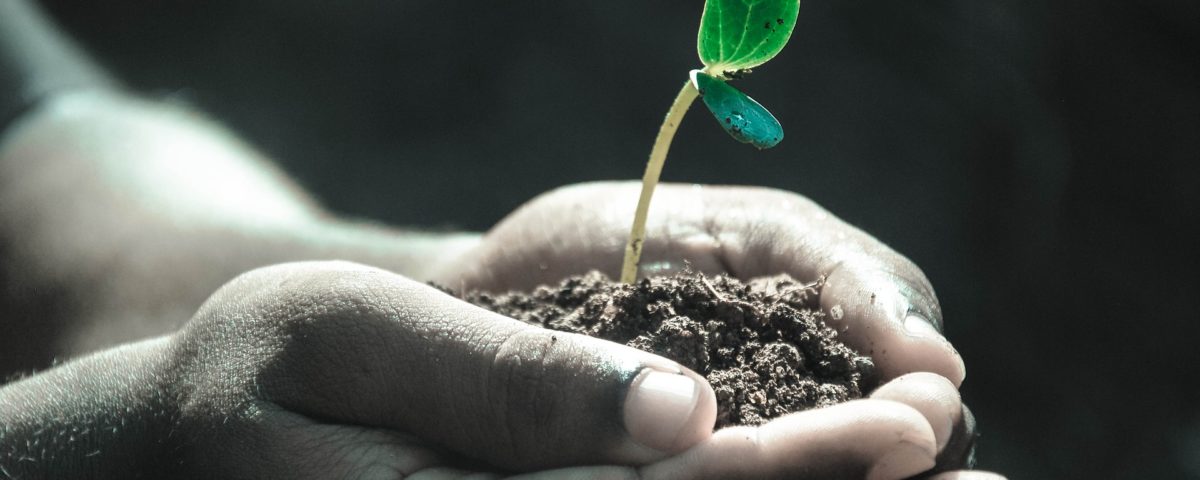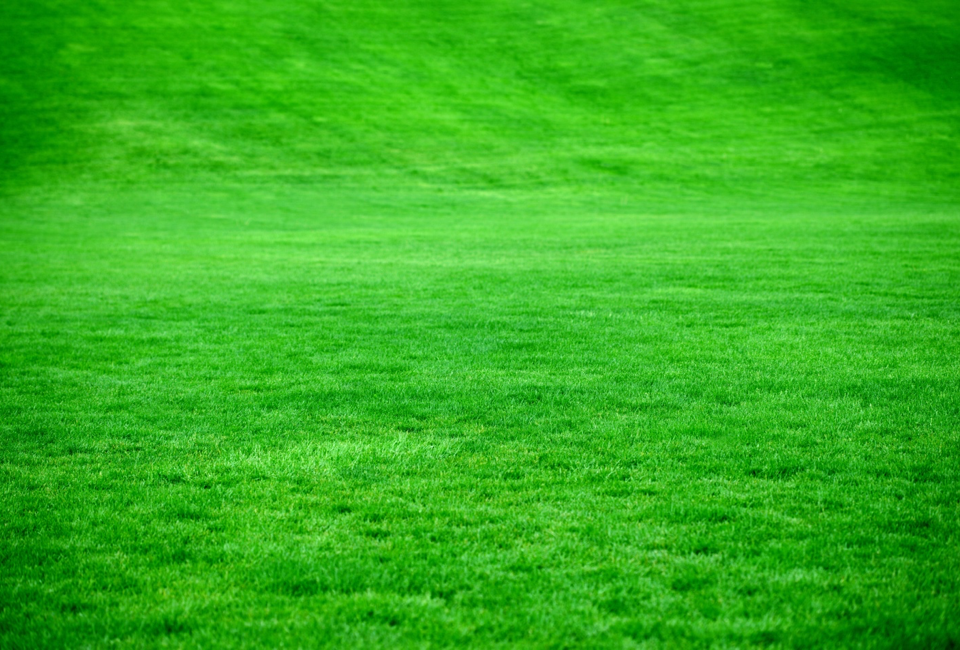
Some Aggregates to Consider for Your Landscaping
January 31, 2020
5 Qualities of a Great Landscaper
January 31, 2020Creating an incredible landscape means working hard to realize your vision. For many, that includes planting and tending a garden. Garden plants are always a nice addition to a landscape because they add color and substance. The possibilities for improving your landscaping design are limitless when you start to include garden plants. There are so many different types of plants to explore including on your property. The number of choices can be intimidating at first, but creating a unique and memorable selection of plants is part of the fun. With that being said, it’s always important to remember that every type of plant is different, so caring for a garden will require a different routine than keeping up with your lawn.
Maintaining your garden means getting your plants the nutrients that they need to thrive. Without the right nutrients, your plants will have their growth stunted and slowly deteriorate. Certain types of plants require certain types of nutrients, which is why we decided to compile a list of some important nutrients for garden plants below. After reading this article, you should have a much better idea about what your garden needs to reach the next level. As a reminder, you can always reach out to Cal Blend Soils if you are looking for landscaping supplies at great prices that can help you get your plants growing the right way.
Important Nutrient #1 – Potassium
When we think of the nutrients that garden plants need to grow, it’s important to think of them as food for your garden. Potassium is an important part of any plant’s diet because it helps plants to create chlorophyll. This factor alone means that Potassium is an extremely important nutrient since chlorophyll helps plants to fortify themselves against the weather, diseases, and pests. This important nutrient for garden plants can also help the plants retain water.
If your garden plants are lacking potassium, they will end up with weak stems over time. On the other hand, if you have too much potassium in the soil, the calcium and magnesium levels can decrease. Keep that in mind if you are struggling to get your plants to full health or if you have noticed problems in your garden.
Important Nutrient #2 – Nitrogen
The next important nutrient on our list to make sure that your garden plants are getting is Nitrogen, which is usually provided to plants in the form of Nitrates. This nutrient is absolutely crucial for your garden plant’s stem growth and ability to create new foliage. When you see a garden plant that is flourishing with life, you know it is getting the right amount of Nitrogen. This nutrient even helps your garden plants get their green-colored leaves.
A lack of Nitrogen will lead to a garden full of plants with yellow leaves. That’s why you should try to test your soil regularly to figure out what types of nutrients you might need to add. Too much Nitrogen in the soil might lead to a lack of Potassium. It’s all about finding the right balance of nutrients for your garden. If you are struggling to achieve the right results with your garden plants, reach out to Cal Blend Soils. We can help you figure out what the issue might be and suggest some great landscaping supplies to help you improve the situation.
Important Nutrient #3 – Phosphorous
We all know just how important it is for our plants to grow healthy root systems. Plant roots allow a garden plant to grow strong and soak up important nutrients. That’s why you should strive to make sure your garden plants are getting enough of this important nutrient.
If your garden plants are sporting some strange discolorations or blue-green leaves, you are probably dealing with a deficiency in Phosphorous. Also, if your plants just don’t seem to be reaching the growth levels that you anticipated, it might be the result of a lack of Phosphorous. This important nutrient is essential for plant germination. Without it, the growth of your garden plant’s seeds, fruits, roots, and flowers will be stunted. Too much of this important nutrient will likely lead to a potassium deficiency.
So how do you make sure that your plants are getting enough of these important nutrients? There are actually quite a few different landscaping supplies you can look into. Soil amendments are one option, as these are rich in natural nutrients that can improve the overall quality of your soil and allow your plants to get exactly what they need. Compost and mulch are both fantastic options for providing your garden plants with some natural nutrients.
You can also explore using fertilizers for your landscape. Just make sure you are doing your research about how much of each nutrient the fertilizer contains. Fertilizers typically come in either synthetic or all-natural forms. Each one has its own unique set of advantages and disadvantages, so keep that in mind before you make your final decision. If you are new to purchasing landscaping supplies or simply need some help figuring out which ones are right for your garden plants, you can always reach out to Cal Blend Soils.
Cal Blend Soils has been helping landscapers get the job done with a wide array of landscaping products for years. We have decades of experience and have helped countless customers achieve the landscape of their dreams with our array of products. Whether you are an experienced landscaper or a beginner, you can always rely on Cal Blend Soils to provide you with the quality landscaping supplies you need. Connect with us today to learn more about how our landscaping supplies can help you improve the nutrient levels in your soil and get your plants to grow the way that you want them to. We can even deliver our landscaping products to the location of your choice.


